
Ivo Livi, better known as Yves Montand, French:[ivmɔ̃tɑ̃]; 13 October 1921 – 9 November 1991) was an Italian-born French actor and singer. He is said to be one of France's greatest 20th-century artists.
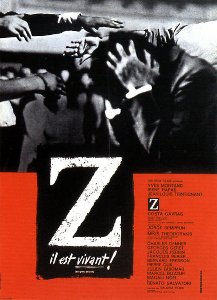
Z is a 1969 political thriller film directed by Costa-Gavras, from a screenplay he co-wrote with Jorge Semprún, adapted from the 1967 novel of the same name by Vassilis Vassilikos. The film presents a thinly fictionalized account of the events surrounding the assassination of the democratic Greek politician Grigoris Lambrakis in 1963. With its dark view of Greek politics and its downbeat ending, the film captures the director's outrage about the junta that then ruled Greece. The title refers to a popular Greek protest slogan meaning "he lives," in reference to Lambrakis.
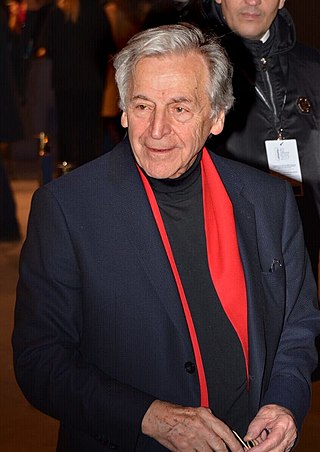
Konstantinos "Kostas" Gavras, known professionally as Costa-Gavras, is a Greek-French film director, screenwriter, and producer who lives and works in France. He is known for political films, such as the political thriller Z (1969), which won an Academy Award for Best Foreign Language Film, and Missing (1982), for which he won the Palme d'Or and an Academy Award for Best Adapted Screenplay. Most of his films have been made in French, but six of them were made in English.

The Slánský trial was a 1952 antisemitic show trial against fourteen members of the Communist Party of Czechoslovakia (KSČ), including many high-ranking officials. Several charges, including high treason, were announced against the group on the grounds of allegedly conspiring against the Czechoslovak Republic. General Secretary of the KSČ Rudolf Slánský was the alleged leader of the conspirators.

A show trial is a public trial in which the guilt or innocence of the defendant has already been determined. The purpose of holding a show trial is to present both accusation and verdict to the public, serving as an example and a warning to other would-be dissidents or transgressors.

Artur London was a Czechoslovak communist politician and co-defendant in the Slánský Trial in 1952. Though he was sentenced to life in prison, he was freed in 1955; he then settled in France with his wife Lise London. In 1968 he published his memoirs in L'Aveu, a book which resonated internationally, adapted by Costa-Gavras as the movie of the same name.
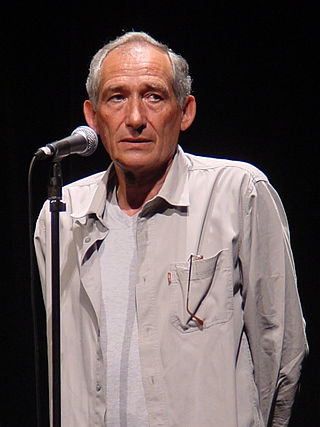
Alain Corneau was a French film director and writer.
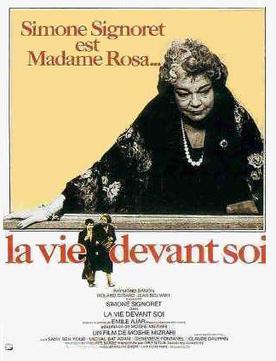
Madame Rosa is a 1977 French drama film directed by Moshé Mizrahi, adapted from the 1975 novel The Life Before Us by Romain Gary. It stars Simone Signoret and Samy Ben-Youb, and tells the story of an elderly Jewish woman and former prostitute in Paris who cares for a number of children, including an adolescent Algerian boy. The film required a transformation in Signoret's appearance as Madame Rosa.

The Crucible is a 1957 joint Franco-East German film production directed by Raymond Rouleau with a screenplay adapted by Jean-Paul Sartre from the 1953 play The Crucible, by Arthur Miller.

Ludvík Vaculík was a Czech writer and journalist. He was born in Brumov, Moravian Wallachia. A prominent samizdat writer, he was best known as the author of the "Two Thousand Words" manifesto of June 1968.
Pierre Granier-Deferre was a French film director and screenwriter

Let's Make Love is a 1960 American musical comedy film made by 20th Century Fox in DeLuxe Color and CinemaScope. Directed by George Cukor and produced by Jerry Wald from a screenplay by Norman Krasna, Hal Kanter, and Arthur Miller, the film stars Marilyn Monroe, Yves Montand, and Tony Randall. It would be Monroe's last musical film performance.
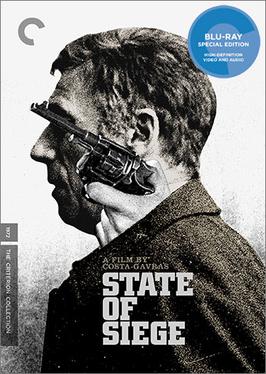
State of Siege is a 1972 French–Italian–West German political thriller film directed by Costa-Gavras starring Yves Montand and Renato Salvatori. The story is based on an actual incident in 1970, when U.S. official Dan Mitrione was kidnapped and later killed by an urban guerilla group in Uruguay.

Rudolf Margolius was a Czech lawyer and economist, Deputy Minister for Foreign Trade, Czechoslovakia (1949–1952), and a co-defendant in the Slánský trial in November 1952.
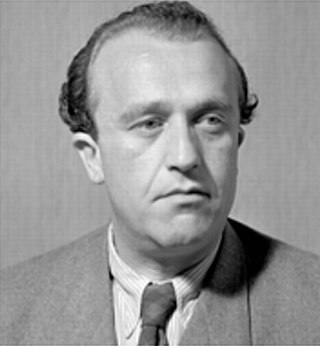
Otto Šling was a Czechoslovak politician. He was born into a Jewish family in Nová Cerekev, a market town in south Bohemia, then part of the Austrian Empire. After World War II, Šling became the Communist Party's Regional Secretary of Brno in Czechoslovakia.
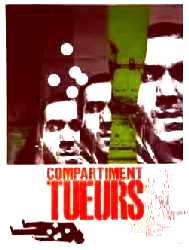
The Sleeping Car Murders is a 1965 French mystery film directed by Costa-Gavras from the novel by Sébastien Japrisot. It stars Yves Montand, Simone Signoret, Michel Piccoli, Jean-Louis Trintignant, Catherine Allégret, Jacques Perrin, Charles Denner and Pascale Roberts. The film was the directorial debut of Costa-Gavras, to be followed later by other, more politically-oriented work.

Porte des Lilas is a 1957 French-Italian dramatic film directed by René Clair, based on René Fallet's novel La Grande Ceinture. The film is known as both Gates of Lilacs and The Gates of Paris, but was released under the latter title in the United States.
A Trial in Prague is an 83 min colour documentary film directed by Zuzana Justman, about the Slánský trial, a high-profile show trial in 1952 Communist Czechoslovakia.

Lise London was a French Communist politician and activist. She participated in the International Brigades during the Spanish Civil War and the French Resistance during World War II. She was the widow of Artur London, a Czechoslovak communist politician and co-defendant in the Slánský Trial. Following her husband's show trial and imprisonment, she became a strong critic of Stalin and Stalinism.
Ronald Bergan was a South African-born British writer and historian. He was contributor to The Guardian and lecturer on film and other subjects as well as the author of several books including biographies.

















